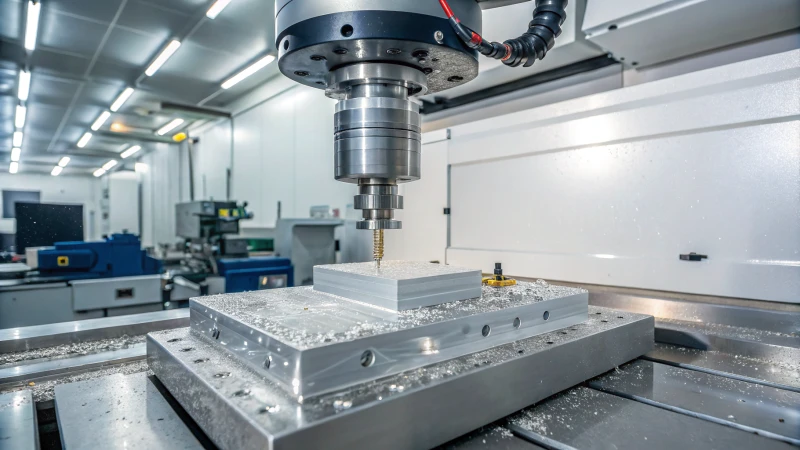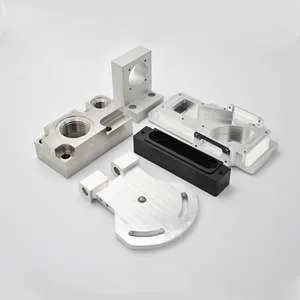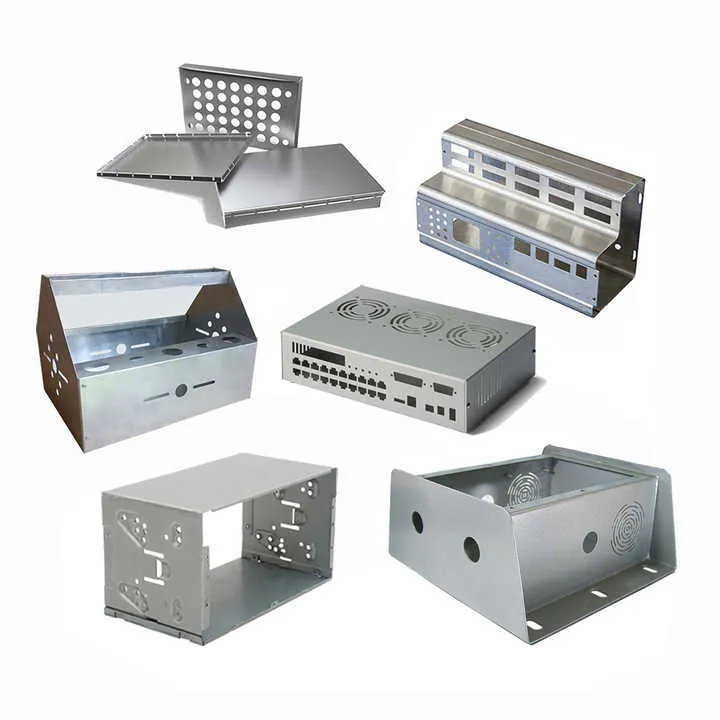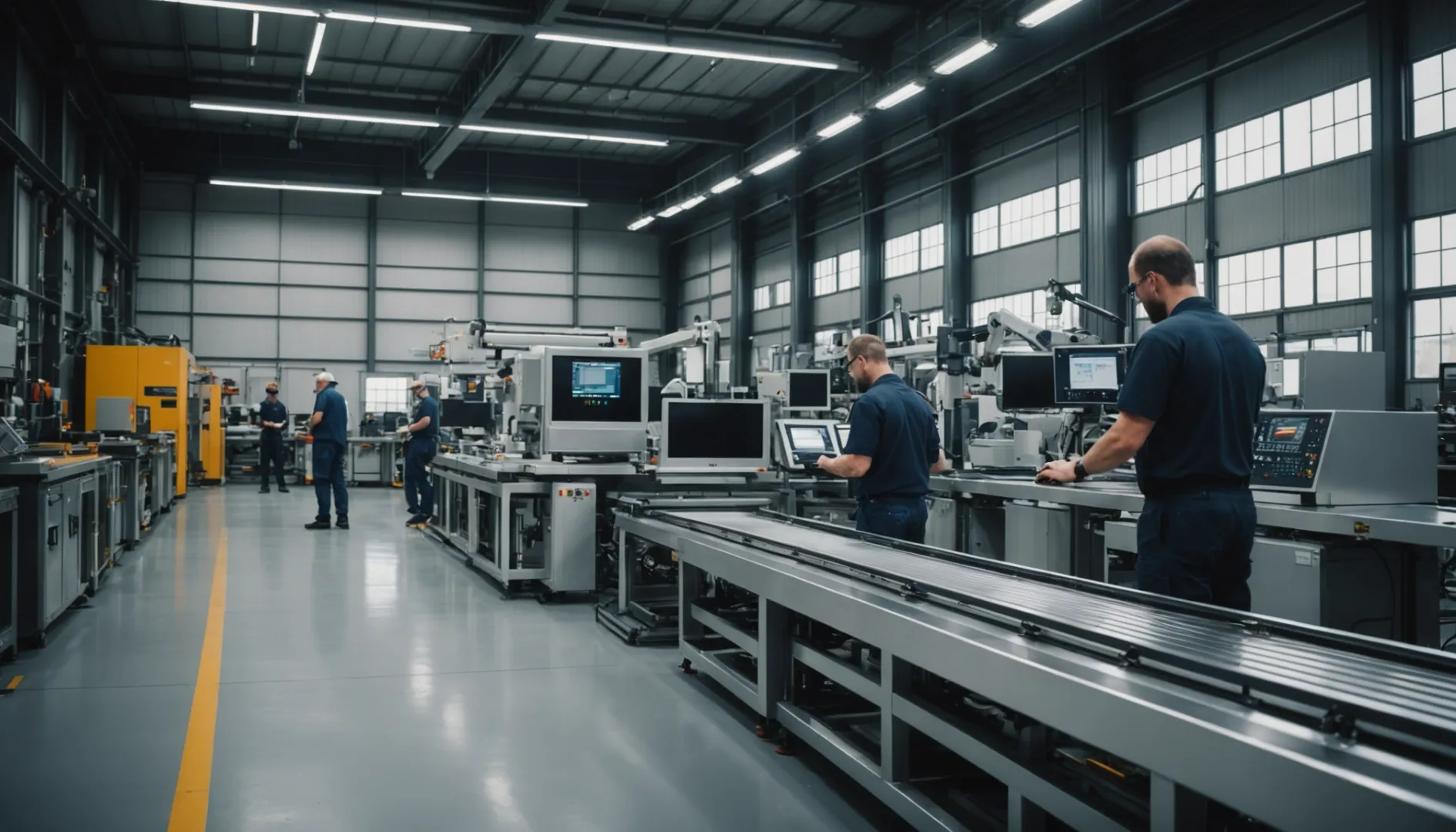CNC Machining Estonia: Manufacturers & Industry Guide

Part 1: Market Size and Growth
CNC machining in Estonia may not be as large as in Germany or Sweden, but it has grown into a strong niche market focused on precision, flexibility, and small-batch customization. Estonia’s location in the Baltic region, its EU membership, and competitive labor costs have turned it into an appealing nearshoring destination for European manufacturers. I have observed that companies here specialize in high-precision metal parts and prototyping services that meet international standards.
The industry’s growth follows the global trend of automation, digitalization, and advanced manufacturing. Even though there is no official public report dedicated only to Estonia’s CNC machining market, overall data from mechanical engineering and metal manufacturing exports show a steady and positive development. Estonian exports in metal components and machinery continue to rise, particularly in Nordic and Central European markets.
Government policies, EU investment programs, and regional industrial clusters are helping small and medium manufacturers modernize. Many startups and subcontractors are now investing in CNC milling, turning, and robotic systems to expand into international markets. This shift has opened new opportunities for Estonian machining companies to serve foreign clients, reduce dependency on imports, and strengthen their place in the EU supply chain.

Part 2: Leading Companies
GIAB Machining OÜ
GIAB Machining is one of the most recognized CNC machining companies in Estonia.
Contact Now

Overview: Founded in 2006, GIAB Machining OÜ started as a subsidiary of the Swedish group TPC Components and later became part of GIAB Eesti. It offers precision CNC machining and subassembly services for international customers.
Products and Services: The company specializes in CNC milling, turning, mechanical assembly, and post-processing. Its facility can handle medium and large components, often up to 500×1000 mm, serving both prototype and serial production.
Main Industries: GIAB serves clients in industrial equipment, energy, and automotive manufacturing. Their precision parts are used by brands like Volvo, Scania, and Porsche.
Technical Highlights / Innovation: GIAB is well-known for its strong quality control methods such as SPC, 6σ, and 8D reporting. They also integrate multi-axis machining with subassembly services.
Certifications: GIAB is certified by Bureau Veritas with ISO 9001:2015 and ISO 14001:2015, showing high standards in quality and environmental management.
Afterone OÜ
Contact Now
Afterone is a local Estonian CNC subcontractor known for efficiency and production flexibility.

Overview: Founded in 2004, Afterone OÜ is a family-run business focusing on continuous improvement and reliable delivery.
Products and Services: It offers CNC turning and milling for various metals and engineering plastics. The company built its own production planning system, allowing better control of scheduling and workflow optimization.
Main Industries: Afterone serves industrial machinery producers and mechanical component suppliers. Its flexibility makes it ideal for customized and small-batch production.
Technical Highlights / Innovation: The company’s innovation lies in its scheduling and production management system, supporting multi-shift operations for maximum utilization.
Certifications: Official ISO certification is not publicly listed, but internal quality management is a visible strength.
Radius Machining
Contact Now
Radius Machining focuses on serial production and volume CNC component manufacturing.

Overview: Part of the Radius Group, this company combines machining with hydraulic system components. It has become known for its consistency in batch manufacturing.
Products and Services: Radius offers CNC turning and milling for small and medium-sized series. The equipment lineup supports a wide range of materials and part geometries.
Main Industries: The company mainly supplies machinery builders, agricultural equipment producers, and construction firms.
Technical Highlights / Innovation: It integrates machining with hydraulic system production, giving them an advantage in pipe bending, fitting, and mechanical integration.
Certifications: No major certifications were listed, but their process quality aligns with EU manufacturing standards.
Other notable Estonian CNC and precision machining companies include Elemark, Irontec OÜ, CNCLAB OÜ, Amitec Project OÜ, and BLRT Masinaehitus. These firms vary in size but share a focus on flexible, custom machining for multiple industries.
| Company | Founded | Core Products | Industries | Certifications |
|---|---|---|---|---|
| GIAB Machining OÜ | 2006 | CNC milling, turning, assembly | Automotive, Energy | ISO 9001, ISO 14001 |
| Afterone OÜ | 2004 | CNC turning, milling | General Industry | Internal QMS |
| Radius Machining | — | Serial components | Machinery, Agriculture | — |
| Elemark | 1992 | 5-axis precision parts | Aerospace, Medical | — |
| Irontec OÜ | — | Metal and plastic machining | Multi-sector | — |
| CNCLAB OÜ | — | Prototype, serial production | Automotive, Energy | — |
| Amitec Project OÜ | — | Machining, welding, assembly | Multi-sector | — |
| BLRT Masinaehitus | 2004 | Heavy metal structures | Industrial, Infrastructure | — |
Part 3: Trade Shows and Industry Events
Baltic & Nordic Industrial Automation and Metalworking Fairs
These regional fairs connect Estonian machining companies with Scandinavian and Baltic partners.

Overview: Focused on industrial automation, robotics, CNC technology, and precision manufacturing. Exhibitors include machine tool suppliers, subcontractors, and component makers.
Date / Location / Participation: Held yearly or every two years across countries such as Estonia, Latvia, Finland, and Sweden. Estonian companies often participate to showcase local machining capabilities.
Highlights: Live machine demos, software presentations, automation workshops, and networking events help participants exchange new ideas and build business partnerships.
EMO – European Machine Tool Exhibition
The most influential machine tool fair globally, often attended by Estonian manufacturers.

Overview: EMO covers CNC machinery, tools, robotics, metrology, and additive manufacturing. It’s a meeting point for the entire European machining ecosystem.
Date / Location / Participation: Occurs every two years, alternating between Hannover (Germany) and Milan (Italy). Companies from Estonia frequently visit to explore technology upgrades and meet suppliers.
Highlights: New product launches, smart factory showcases, and international networking opportunities make EMO essential for keeping up with global CNC trends.
| Event | Date | Location | Highlights |
|---|---|---|---|
| Baltic/Nordic Industrial Fairs | Annual | Baltic & Nordic region | Automation, machining, and metalworking demos |
| EMO Europe | Biennial | Hannover / Milan | Global CNC tech, smart manufacturing, innovation |
Part 4: Impact of Global Trade Policies
Estonian CNC machining operates under the framework of EU trade policies and global market pressures.

Tariffs and Trade Barriers: As an EU member, Estonia benefits from unified trade agreements but also faces EU-level tariffs and sanctions. Exporting to non-EU countries like Russia or the US can involve extra customs steps or restrictions.
Supply Chain Risks: Many CNC shops depend on imported metals and alloys. Global shipping delays, war-related sanctions, or raw material shortages can cause cost fluctuations and delivery uncertainty. To mitigate this, companies often diversify suppliers and stock critical materials.
Local Manufacturing Push: Competing countries promote domestic production with subsidies, which can reduce outsourcing demand. Yet, Estonia’s edge lies in small-batch production, customization, and precision. These strengths help maintain competitiveness even without scale advantages.
EU Funding and Support: EU digital transformation and industrial modernization funds have been crucial for Estonian SMEs. These programs support automation upgrades, quality certification, and international marketing.
Standards and Certification: To compete globally, Estonian firms must meet international standards such as ISO 9001, AS9100, or IATF 16949. Certification remains both a challenge and a gateway to higher-value markets.
Part 5: Conclusion
From my perspective, Estonia’s CNC machining industry has evolved into a strategic and specialized sector. Its strengths come from agility, quality, and service-oriented production rather than sheer volume. Local companies that continue investing in automation, digital manufacturing, and certification will find growing opportunities across Northern and Central Europe.
However, challenges remain. Material costs, international trade barriers, supply chain instability, and increasing global competition can impact profitability. To stay competitive, Estonian firms must continue focusing on high-precision work, industry collaboration, and integration into the wider European manufacturing ecosystem.
Recommended Reading:
How precise is our aluminum extrusion for heatsinks?
Can CNC Machining Improve Aluminum Heat Sink Performance?
What is your standard packaging method for heat sinks?
Are Your Heat Sink Materials RoHS and REACH Certified?
Do Our Heat Sinks Meet CE Requirements for Export to the EU?
CNC Machining Lithuania
CNC Machining Macedonia
CNC Machining Latvia
A Comprehensive Guide to Aluminum Tile Trim?
T Slot Aluminum Extrusion Manufacturer
LED Street Lamp Sleeves for Outdoor Fixtures
Aluminium Extrusion 6082 5083 Aluminum Alloy Profile



